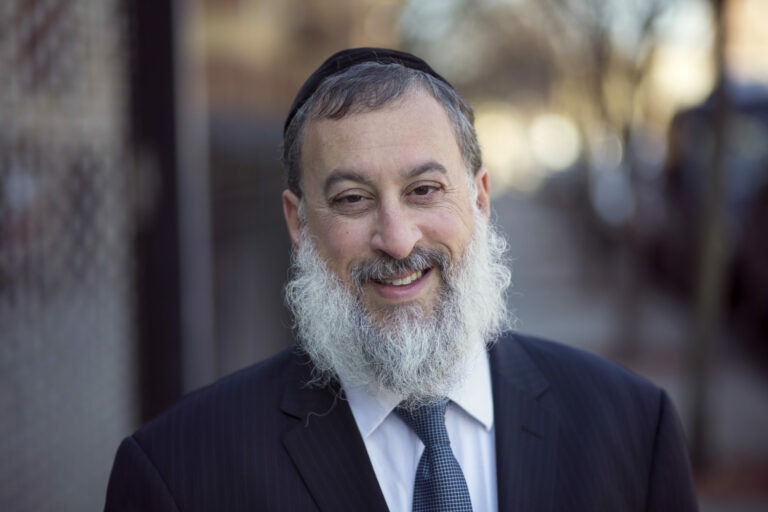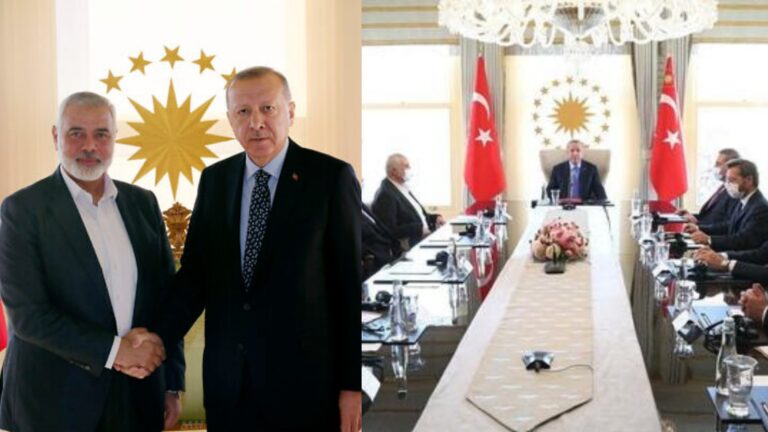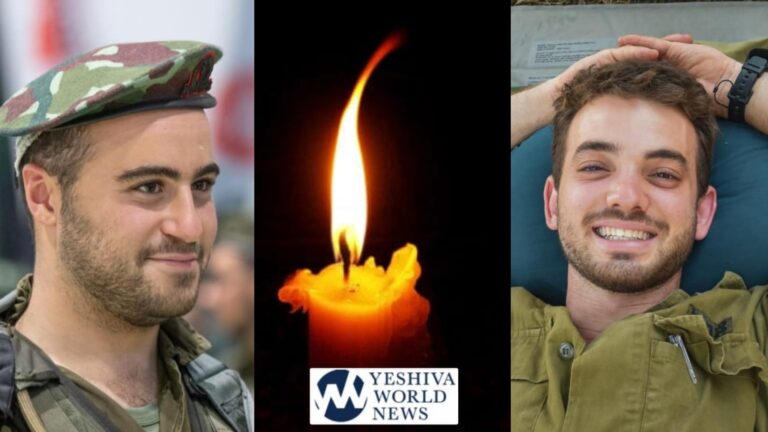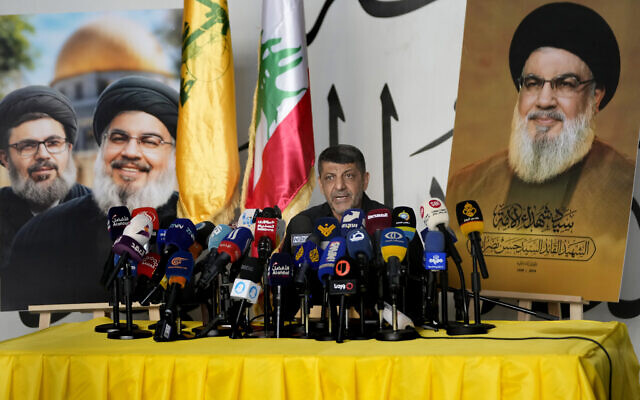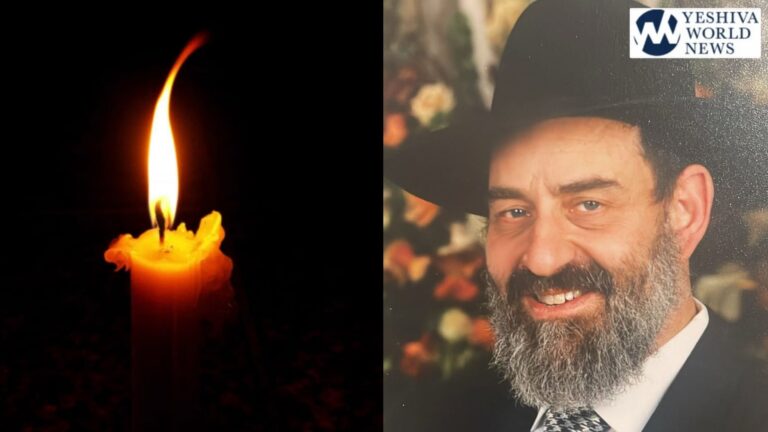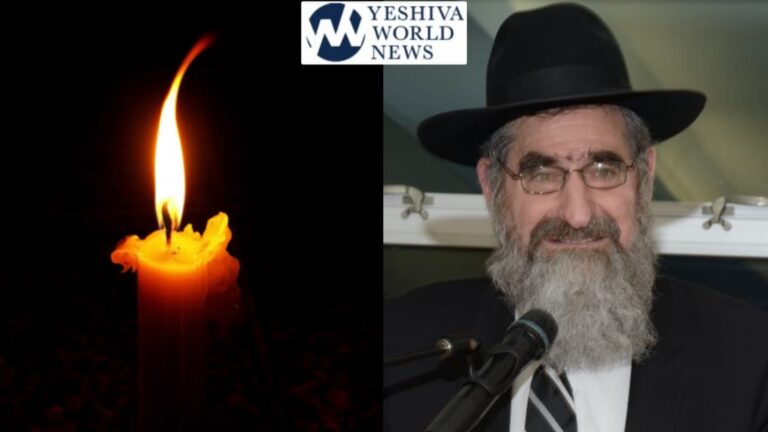A new coaching program called the Viktor Frankl Mind/Body & Soul Trauma Healing Life Coaching Program starting Jan. 5 is designed to teach coaches how to reduce the long-lasting psychological impact of trauma from the ongoing COVID crisis. The program is accredited by the International Coach Federation, the gold standard in coaching programs worldwide.
Illness, lack of safety, job loss, and uncertainty of what the future will bring, is increasing rates of depression, anxiety, and somatic pain. Anyone including Rabbis, Rebbetzins, educators and community members who want to make a difference can become first responders in healing the trauma people are experiencing.
Rabbi Daniel Schonbuch, LMFT, who treats trauma, is a therapist and director of the TorahPsychology.org School of Coaching & Counseling. He believes that the mind/body and soul connection has the power to heal trauma, especially when we can learn how to coach others based on spiritual principles and practices.
What methods do you teach to treat trauma?
Drawing from the latest neuroscientific research and methods on treating trauma including Somatic Experiencing, EMDR, the Sarno method, EFT tapping, Viktor Frankl’s Logotherapy, Emunah and Jewish spirituality, there are many simple techniques that everyone can use to alleviate emotional distress.
Jewish music, neginum, prayer and dance can also help heal trauma when used properly.
We just need to learn how to structure spirituality in the form of coaching which is what our new trauma healing life coaching program offers.
How can people utilize spirituality to heal trauma?
It says in Mishle, “Daiga b’Lev ha-Ish yashchena”, which translates as “If there is concern in a man’s heart, let him cast it down”. Chassidus teaches that yashchena also means to “spill” or to “empty out” one’s worries to another. This refers to one of the most basic principles of treating trauma: the need to share one’s feelings with others. I teach people how to coach individuals by listening to their feelings with unconditional acceptance. Listening has the power to elevate people out of states of helplessness and sadness and into the mindset of positive thinking, emunah and bitachon.
These ideas are supported by the latest research in treating trauma. According to the National Institute for Mental Health, spiritual care forms a vital component of holistic health management, especially in terms of coping, coming to terms with illness, suffering and ultimately death. They claim that the relationship with the ”transcendent or sacred” has a strong influence on a people’s beliefs, attitudes, emotions and behavior. Populations, communities, families and individuals have always found solace through their religious or philosophical beliefs during times of personal adversity and widespread anxiety or disaster.
Tell us why people need to learn how to treat trauma during COVID?
I believe that this last year was one of the most traumatic years in modern history. Since the Second World War and the Holocaust, we have never seen an international crisis on this level affecting so many areas of life like COVID. Everyone including teens and children are in a state of trauma and need help.
How are people becoming traumatized?
Those who caught the disease, lost family members or friends are still in a constant state of fear. Besides the obvious levels of sickness and death, the feelings of isolation that many people are experiencing are immense. COVID is turning into a complex and prolonged trauma around the world.
For children and teenagers especially, the fear of the unknown coupled with social separation from their peers during school closings are creating a pervasive sense of loneliness and anxiety. People are spending more time on the Internet which is causing a breakdown of basic human connectedness that traditionally protected them from depression and posttraumatic stress.
What are the long-term effects of trauma?
The effects include posttraumatic stress, depression and anxiety, somatic pain i.e. back pain, stomach aches, and feelings of fatigue. Trauma also causes dissociation where people walk around feeling “spaced out” and not grounded in their bodies. Many of my clients even report being scared of walking outside and leaving their homes.
Why focus on the spiritual connection of the mind and body?
Over the last two decades our understanding of trauma has increased dramatically. Using fMRI technology, we can actually see what happens to people when they suffer from trauma.
According to the leaders in the field of neuroscience such as Dr. Van der Kohl (“The Body Keeps the Score”) and Dr. Peter Levine (Somatic Experiencing), lower parts of the brain such as the limbic system and the brain stem hold onto trauma through the fight, flight and freeze mechanisms.
When someone is in the freeze mode (collapse) you can’t simply talk them out of it. A person’s nervous system is unconscious to them and they need help to unfreeze. This can be accomplished by listening to the body’s signals and to gently move out of collapse. The mind/body connection can be restored by using some simple exercises that people have known about for thousands of years.
Rabbi Daniel Schonbuch, LMFT (Licensed Marriage and Family Therapist) is renowned for treating trauma and improving the emotional lives of individuals, couples and families. Torahpsychology.org is now offering a new trauma-healing life coaching program to help others overcome trauma starting Jan. 5. For more information visit www.torahpsychology.org or call 646-428-4723.

